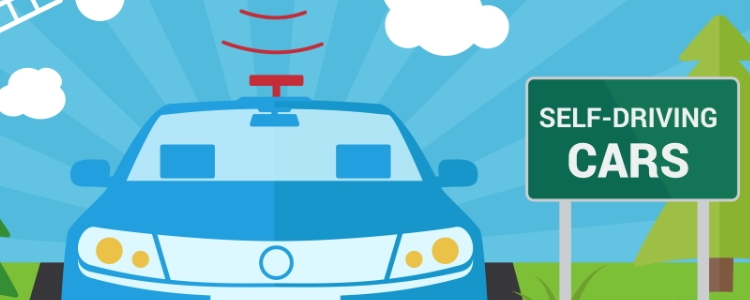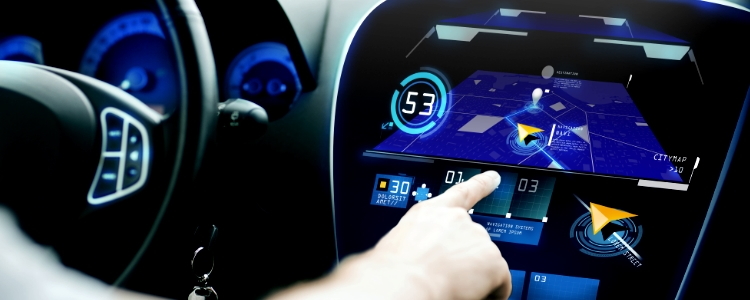Google has stated that self-driving cars (also known as autonomous cars) will be available to the general public by 2020, but many critics are still not convinced that driverless vehicles will be entirely beneficial. And with safety, legal, moral and independence issues to consider, the debate over self-driving cars will continue to rage.
Driverless Car Skepticism
Recently, consumer advocate and author of Unsafe at Any Speed, Ralph Nader, has publically declared that self-driving cars are "a bad move." He goes on to state that distracted driving is already a huge problem on the roads, and that autonomous automobiles will just exacerbate this distraction. However, is there such a thing as "distracted driving" when the driver isn't actually operating the vehicle? Even if this is the case, there are still other reasons to be skeptical about trusting a computer to do the driving for you.
- The Legal Issue:
Liability can even be confusing in accidents caused by operators of people-driven cars. Who gets blamed when two driverless vehicles collide? Who is liable? The manufacturer, or the owner of the car that seems most likely to be at fault? It seems that some traffic laws may have to be radically altered in order to accommodate a world filled with computer-driven vehicles.

- The Safety Issue:
Proponents of driverless technology maintain that self-driving cars are much safer than human-operated vehicles, and there is some merit to this argument. Computers are not susceptible to emotions, carelessness or distractions. A computer will do what it is programmed to do and nothing else, but can any computer be programmed to handle every type of situation that can happen on the road? Can these computers be hacked and taken over by individuals who intend to do harm? These are questions that need to be thoroughly addressed before autonomous cars hit the consumer market. - The Moral Issue:
In traffic situations where a disaster of some sort is unavoidable, how will a self-driving car's computer know which decision to make? What if, for example, the vehicle has the option to turn one way and put the owner at risk or turn the other way and harm several pedestrians? Will the car decide according to the numbers and always make the choice that hurts the fewest amount of people? Will children be taken into consideration? There are no easy answers here, but car makers will have to somehow find a way to work through these scenarios. - The Independence Issue:
Many drivers genuinely like the experience of driving their cars. They enjoy the autonomy of being behind the wheel and making all of the decisions, and they are fond of being in control. It seems unlikely that these driving enthusiasts will ever embrace the idea of allowing a computer to be in charge of their vehicles. Even those who have no particular affinity for driving may not be comfortable with feeling powerless while in a moving car. It seems that this technology will have to be around for a long time before it is accepted by the majority of individuals as "normal."
Like it or not, companies like Google are marching forward with their plans to bring self-driving cars to the masses. Are you already on-board with autonomous vehicles? If not, are there any alterations that could be made that would change your mind? No matter which side you're on, there is no denying the fact that the driverless debate makes for interesting conversation.
Agreeable Financing
Little argument surrounds the fact that if you need to buy a car, getting approved for affordable financing is a top priority. This is especially true if you have damaged credit. And regardless of what condition your credit is currently in, if you are looking to purchase a vehicle, Auto Credit Express can help. We will connect you with a qualified dealer in your area who can work with your situation.
Just fill out our fast and secure online application to get started today.
















